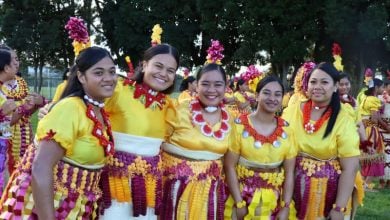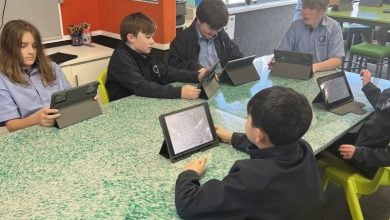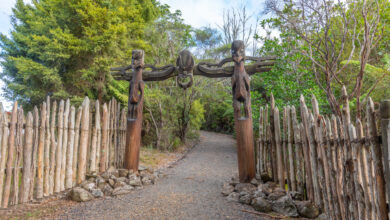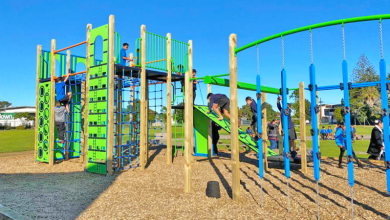Exploring sustainable school ideas
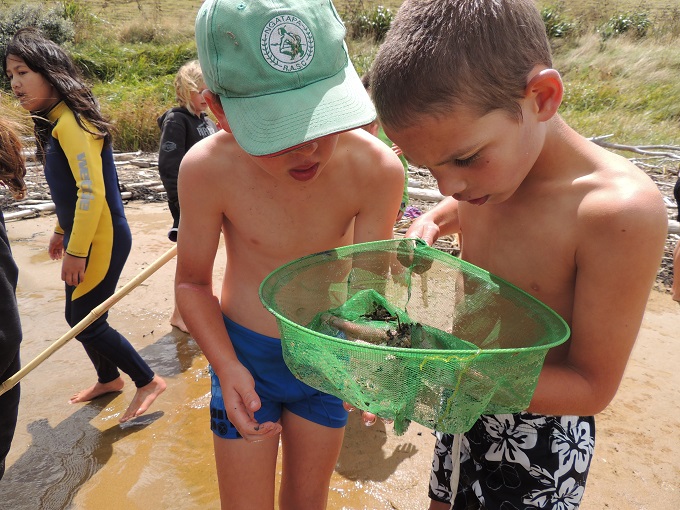
If anyone has a vested interest in environmental sustainability, it’s today’s youth.
Unfortunately, they are growing up in a society that has largely failed to safeguard the Earth for their future. Their generation may be the first to live through dramatic climate change and they will be tasked with switching global economies over from fossil fuels to renewable energy. According to National Geographic, by the end of this century there will be less freshwater due to the loss of glaciers and vast increase in ‘megadroughts’.
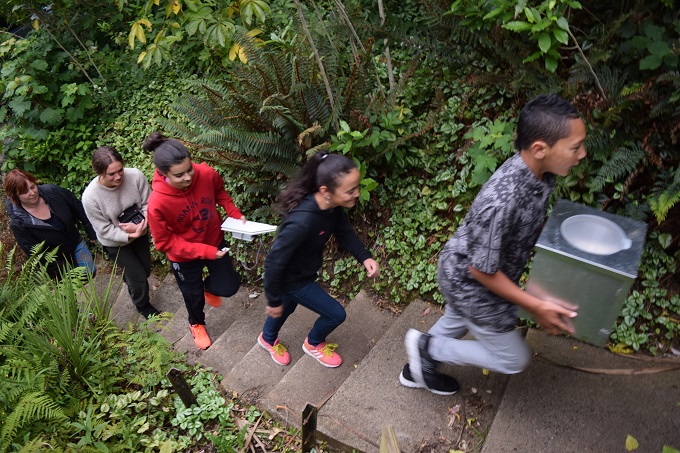
So it makes sense that schools should be engaging students not only in environmental sustainability, but in skills like problem solving, adaptability, engineering and creativity. The tide is certainly turning, with more sophisticated sustainability programmes available now than ever before. From on-campus chicken farms and gardens, to solar data analysis and school trips to markets and wind farms, the sky’s the limit for a curriculum-integrated school programme.
This article appeared in our Term 1, 2019 issue of School News. Did you receive your copy?
Sustainability features in the national curriculum, first in The New Zealand Curriculum’s vision for young people in New Zealand to be “confident, connected, actively involved, lifelong learners” and second for a graduate of Māori-medium education, “to enable them to effectively participate in the Māori world, advocating a Māori world view and understanding their role within whānau, hapū, iwi, community, and wider society,” according to Te Kete Ipurangi.
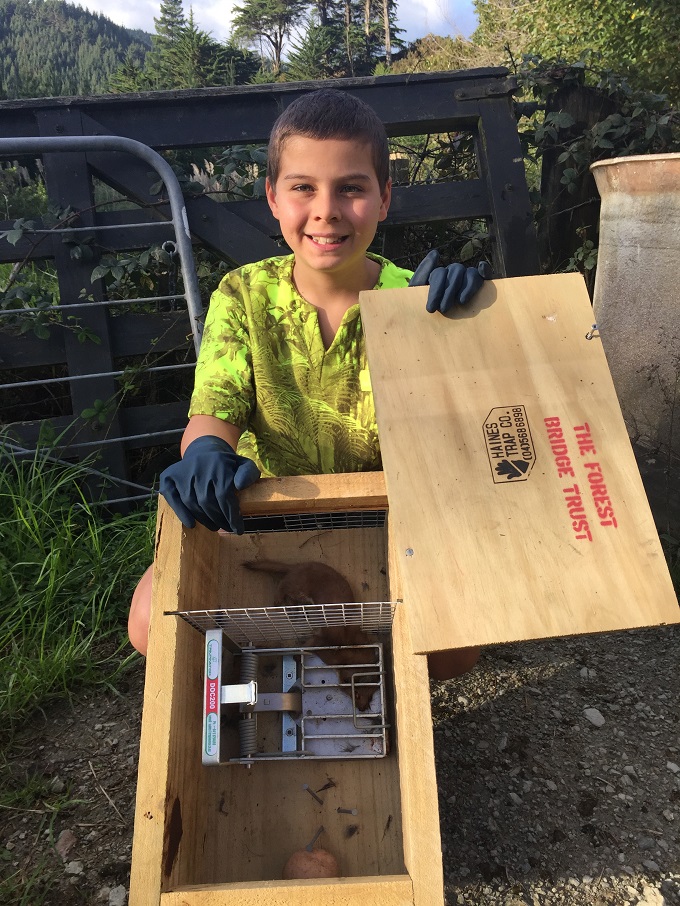
Action competence takes centre stage in education for sustainability where students are encouraged to take up issues that they are passionate about and impact them directly. All the key competencies can be used in sustainability programmes and can combine with any learning area to enrich student life. The subject areas that specifically discuss sustainability in the NZ Curriculum include health and physical education, science, social sciences and technology. In Te Marautanga O Aotearoa, Hauora, Putaiao, Hangarau, Pangarau, and Tiakanga-a-iwi specify sustainability-centric achievement objectives.
In order to integrate a sustainability project or programme into the curriculum, teachers need to make sure that students have enough opportunities to plan, put in place, and enact what they have learned about the need for sustainability and potential for innovation.
For instance, in a school-based recycling initiative students should be tasked with hypothesising, developing and trialling multiple systems or changes to the current school recycling system and they should examine the cause for inefficiency in the current system. It would not be enough to meet curriculum criteria for a student project just to pitch a suggestion.
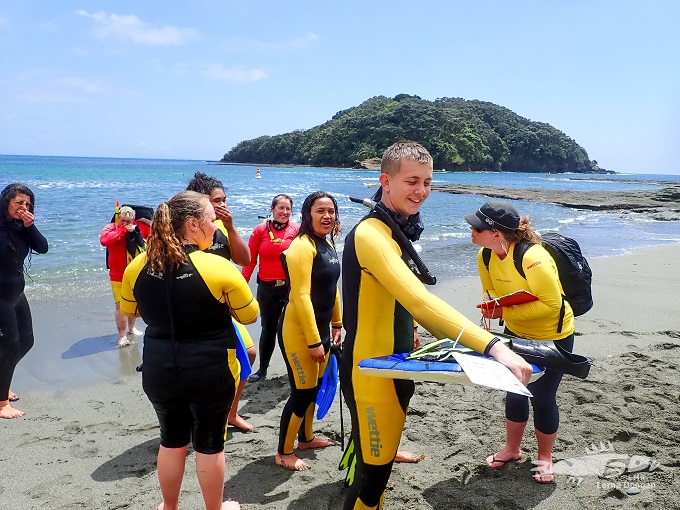
What schools are getting up to this term
This term, Te Anu-based high school, Fiordland College of New Zealand was named a global high school finalist for the Pacific and East Asia region in a prestigious global sustainability award called the Zayed Sustainability Prize. The school had proposed to build a student-run energy park integrating solar, water, wind and energy, while combining functionality with art via energy-generating culturally-inspired sculptures. The plan was to reduce their ecological footprint in an engaging way by enhancing environmental knowledge and awareness among its local community, as well as the one million visitors who pass through the school annually.
Back in October, supermarket chain Countdown announced its Growing for Good competition for 20 schools to receive $1000 in funding to bring their sustainable initiatives to life. In February, the winning projects included Waitoki Primary School’s working chicken coop, which was budgeted and researched by two Year 8 boys. Other remarkable sustainable school projects included a medicinal, traditional Māori garden and a functional beehive.
National conservation programmes and comps
From the Enviroschools Programme to the Outlook for Someday Challenge, there are a huge range of sustainability themed projects and initiatives for schools to engage in.
The Outlook for Someday Challenge asks students to create five-minute short films; Marine Metre Squared invites citizen science into the classroom as students analyse the plants and animals residing on their local shore; Habitat Heroes offers prizes for schools groups that figure out a way to make a difference in their local environment. Previous winners of Habitat Heroes include Haumoana School in Hastings where students developed a ‘taking action’ plan to bring back native birds to their school through tracking, trapping and planting, and Koraunui School in Lower Hutt, where students investigated their local stream and took action by planting along its banks. Koraunui students created their own paper mulch protectors for the native trees they planted and ran a hugely successful bioblitz for their community.
Schools can be flexible in how they approach sustainability: you might take a whole-school approach and integrate sustainable practice into your teaching pedagogy, encourage students to pursue qualifications via the NCEA Achievement Standards in Education for Sustainability, or work on establishing a menagerie of student sustainability projects.
Whatever you decide to do (or have already been doing!) let us know! We love to feature sustainable schools doing interesting things.


